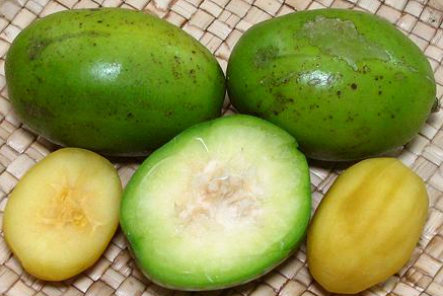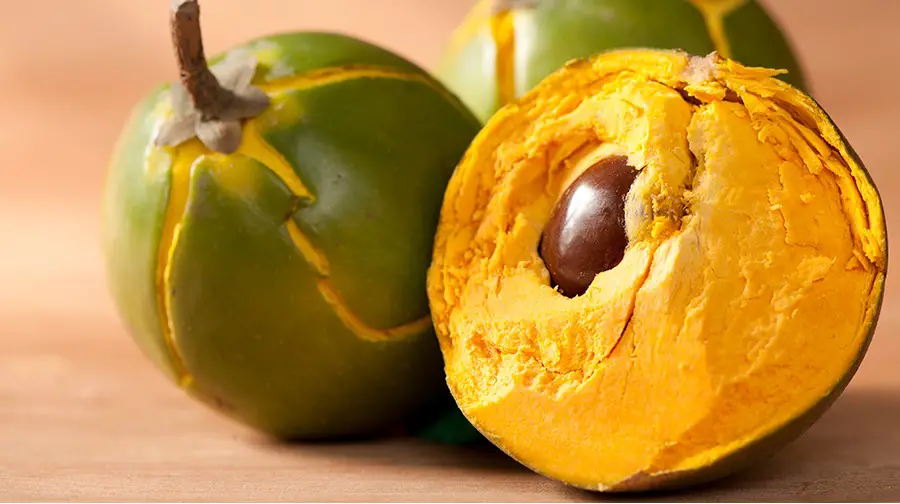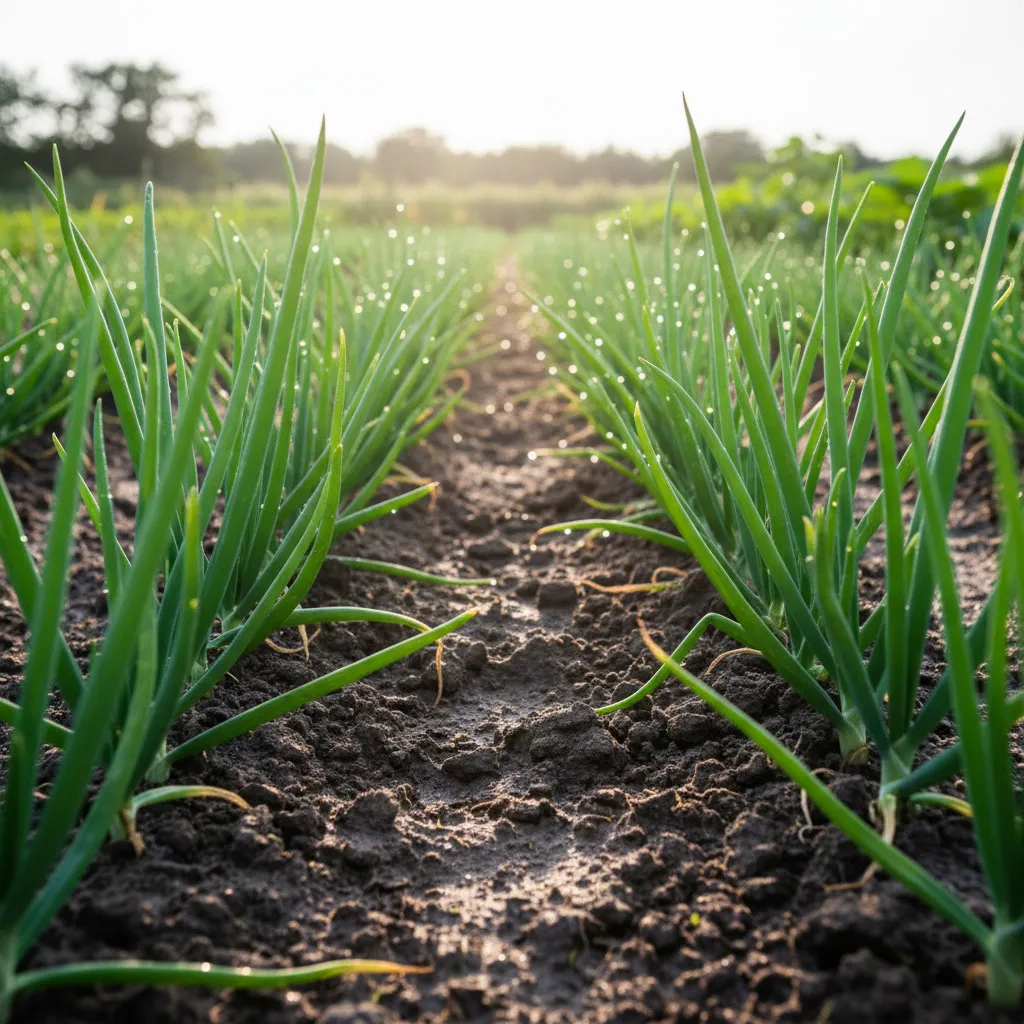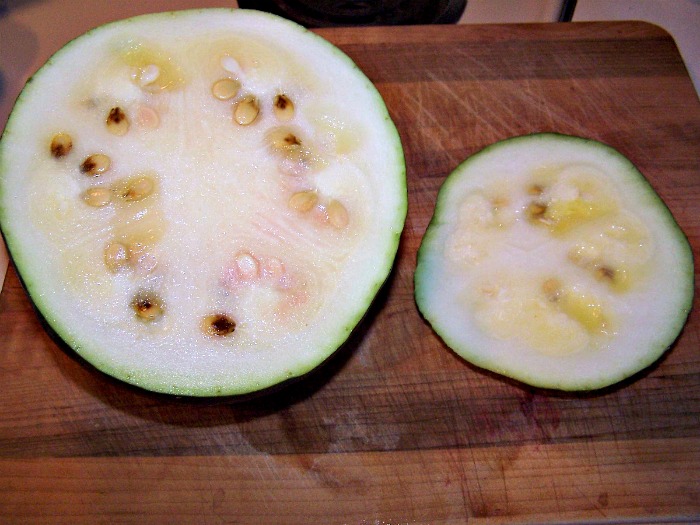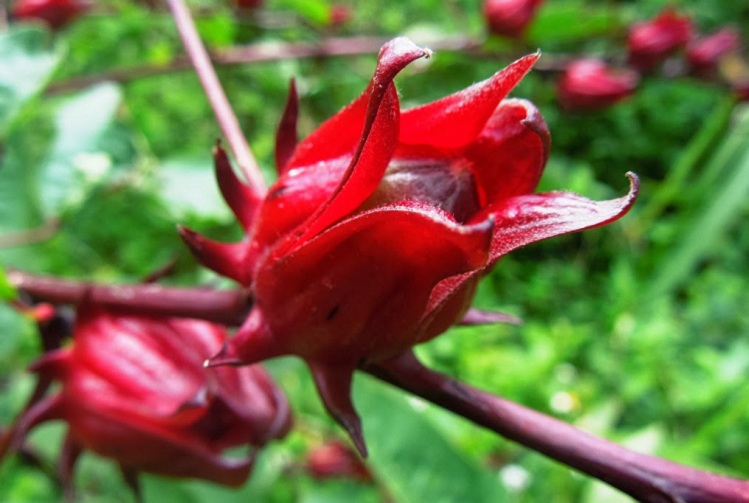Apples are crunchy, tasty, and great for your health. You might wonder, do they grow in the tropics?
In this article, you’ll learn what makes a fruit tropical, where apples come from, the kind of weather apples need, how they help keep you healthy, the many ways you can eat them, easy apple recipes, how to pick the perfect apple, the best way to store and ripen apples, and some fun apple facts.
Table of Contents
- Understanding tropical fruits
- Characteristics of tropical fruits
- Is apple a tropical fruit?
- Apple and its origins
- Apple’s climate requirements
- Nutritional profile of apples
- Health benefits of apples
- Culinary uses of apples
- Popular apple recipes
- How to choose a ripe apple
- Storing and ripening apples
- Interesting facts about apples
- Conclusion
- FAQs
- Are there any tropical varieties of apples?
- Are apples high in sugar?
- Can apples be grown in tropical regions?
- Can apple seeds be planted to grow apple trees?
- Are apple skins edible?
Understanding tropical fruits
Tropical fruits grow best in hot and wet places near the equator. These areas typically get lots of rain and are usually very warm all year round.
They’re often brightly colored, have strong tastes, and smell really nice. Tropical fruits are packed with good stuff for your body and can be used in many different recipes.
Characteristics of tropical fruits
Tropical fruits usually have a soft or chewy texture. Their tastes can be sweet or sharp, or sometimes both at once! These fruits are full of vitamins, minerals, and things that keep our bodies healthy. People love using them in all sorts of dishes because they’re so refreshing.
Is apple a tropical fruit?
No, apples are not tropical fruits. They grow best in places that have different seasons and don’t get too hot or too cold.
Apple and its origins
Apples have been around for a very long time. It is thought that they first grew in an area between the Caspian Sea and the Black Sea, which is now part of Turkey and Iran. As people moved around and traded, apples spread to Europe and Asia.
Apple’s climate requirements
Apple trees like it when winters are cold and summers are not too hot. In winter, they go to sleep, and they need a certain number of cold hours to wake up and grow fruit properly. They grow best in soil that drains water well and like a mix of sun and rain.
Nutritional profile of apples
Apples are tasty and good for you. They have a low number of calories but are a great source of fiber, which helps your body in many ways.
They have vitamin C and other important nutrients like potassium and vitamin K. The skin of apples has special substances called antioxidants, which are really good for your health.
Health benefits of apples
Eating apples can help you stay healthy. The fiber in apples is good for your digestive system and keeps your stomach working the right way.
The antioxidants in apples help prevent long-term diseases by getting rid of harmful particles in your body. Apples can also be good for your heart and may help prevent heart disease.
Culinary uses of apples
Apples can be used in so many ways when cooking. You can eat them plain for a quick snack or mix them into salads for crunch and sweetness.
They’re also great for baking because they give cakes and muffins a natural sweet taste and keep them moist. Apples can be made into applesauce or put on top of pancakes and porridge.
Popular apple recipes
- Classic Apple Pie
- Baked Apple Crisp
- Waldorf Salad with Apples
- Apple Cinnamon Pancakes
- Apple Cheddar Grilled Cheese Sandwich
How to choose a ripe apple
When you’re looking for a good apple, trust your senses. Look for ones that are bright and firm. Stay away from apples that have bruises or look rotten. Smell them to see if they smell fresh. Remember that different kinds of apples will look different, so pick the type you like most.
Storing and ripening apples
If you want to keep apples for a while, put them in the fridge. This makes them stay crispy and tasty. To ripen them, just leave them at room temperature, and they’ll get softer and sweeter. Keep them away from other fruits because apples give off a gas that can make other fruits ripen too fast.
Interesting facts about apples
- There are over a thousand types of apples, each with its own special taste, texture, and color.
- Apple trees can live for a long time, with some varieties being around for hundreds of years.
- The saying “An apple a day keeps the doctor away” is famous because apples have so many health benefits.
- Although apple seeds have a substance that can make a poison called cyanide, you would need to eat a huge amount of seeds for it to be dangerous. Normal apple-eating is perfectly safe.
Conclusion
To sum it up, apples don’t come from the tropics; they prefer places with seasons. Despite not originating from the warm and humid climate of the tropics, apples are loved all over the world for their taste, nutritional benefits, and versatility in cooking. Knowing how to pick, store, and use apples can help you enjoy them even more!
People all over the world, even in warm tropical places, love apples. They’re known for their crunchy feel, sweet taste, and the good things they do for your health.
Apples are great because you can eat them as they are, cook them, or use them in lots of recipes. They bring a tasty flavor and healthy goodness to many kinds of food.
